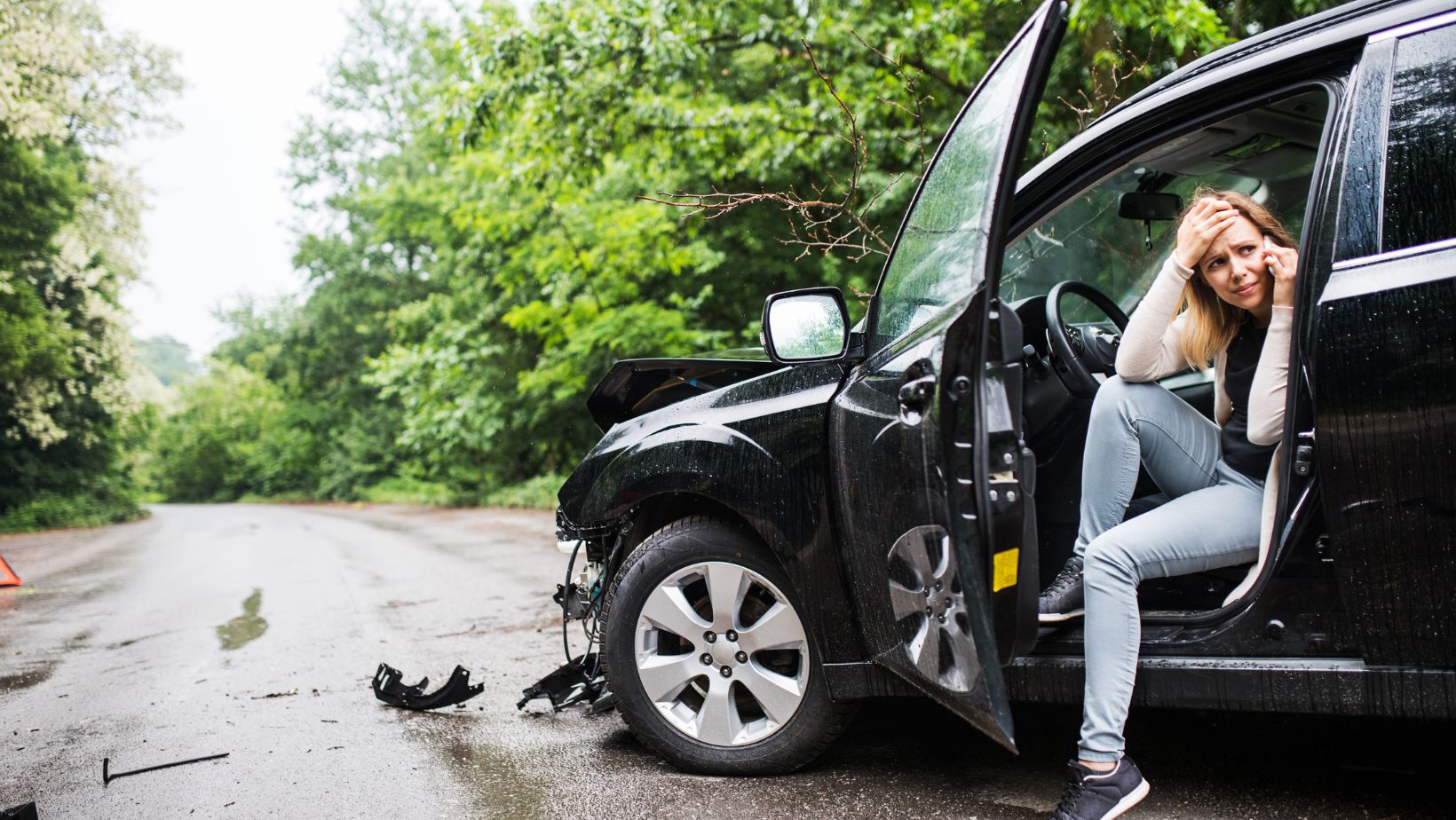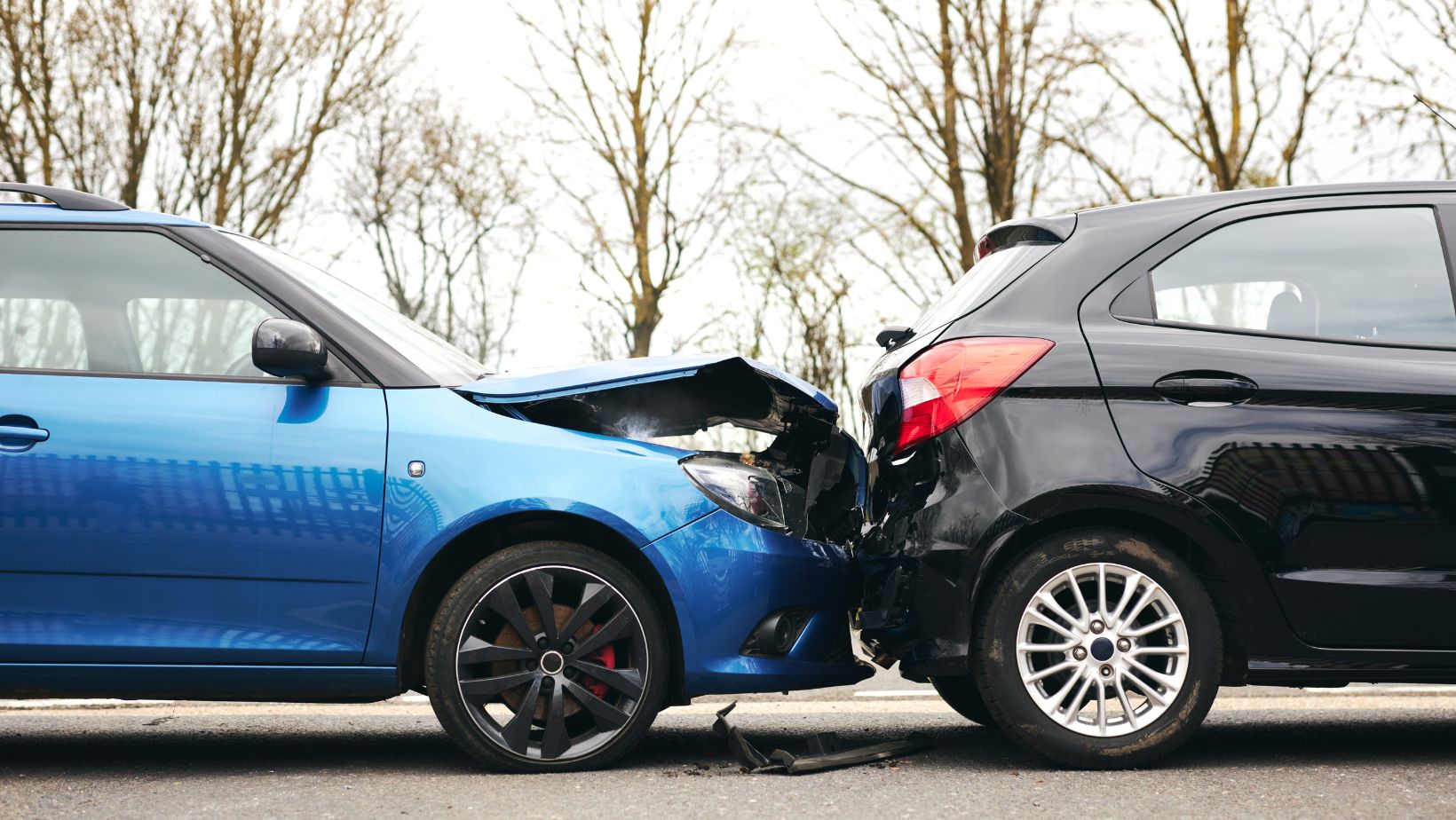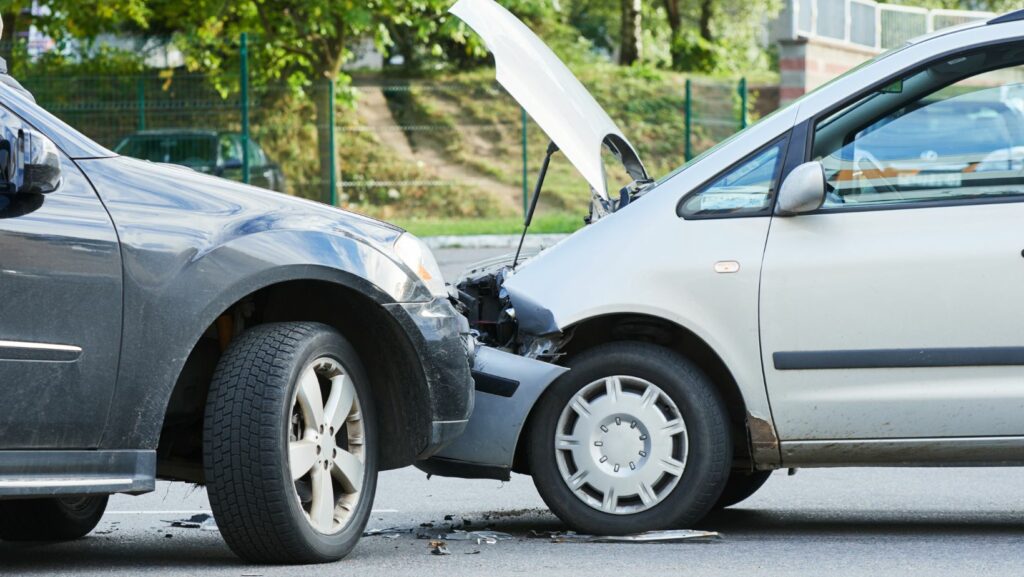Accidents happen suddenly and can leave you wondering what steps to take next. In Nevada, you must know how to handle a minor car accident. You might ask, do you need to report it? The answer is crucial. Nevada law requires that you report accidents if they cause injury, death, or damage over $750. Take action quickly. Call 911 if there are injuries. If not, exchange information with the other driver. Take photos of the vehicle and scene. After leaving the scene, consider your options for reporting and dealing with potential claims. Handle paperwork promptly to avoid legal issues. You may also need guidance from legal experts. Visit https://blakefriedmanlaw.com/las-vegas-car-accident-attorney/ for professional help. Handling each step with care ensures your rights are protected. When accidents occur, stay informed and act responsibly. This helps you avoid future complications. Your peace of mind matters, so protect it calmly and confidently.
Immediate Steps After an Accident
Taking immediate steps can prevent further issues. First, ensure everyone’s safety. Move vehicles to a safe spot if possible. Contact the police, especially if someone is injured or if there are disputes. This creates an official record of the incident. Accurate documentation is key in resolving future claims. Always exchange names, addresses, insurance details, and vehicle information with other parties involved. This information helps in dealing with insurance companies later.
When to Report the Accident
According to Nevada law, you must report an accident to the Department of Motor Vehicles (DMV) within 10 days if it involves injury, death, or property damage exceeding $750. Failing to report may lead to legal consequences. To file a report, you can use the Report of Traffic Accident Form (SR-1) available on the Nevada DMV website. This form requires detailed information about the accident and involved parties.
Understanding Your Insurance Requirements
Your insurance policy may have specific requirements for reporting an accident. It’s wise to notify your insurer even if the damage appears minor. This allows them to begin processing claims and provides you access to necessary repairs. Contacting your insurer promptly avoids future disputes and ensures compliance with your policy terms. For more details, consult the Nevada Consumer Affairs page for resources on insurance claims.
Costs and Penalties for Not Reporting
Failing to report can result in fines and penalties. Legal issues might arise if the other party files a claim against you. 
Additionally, your insurance company could refuse to cover damages. Staying compliant with reporting laws protects you from these risks. Consider the long-term impact of neglecting this responsibility.
Comparing Minor and Major Accident Responses
| Action | Minor Accident | Major Accident |
| Call 911 | If injuries occur | Immediately |
| Exchange Information | Yes | Yes |
| File Report | If damage > $750 | Required |
| Contact Insurance | Yes | Yes |
Legal Guidance and Support
Seeking legal guidance can be beneficial after an accident. Lawyers help navigate complex paperwork and protect your rights. They ensure fair treatment in claims and settlements. If you face challenges, professional help provides assurance and clarity in uncertain situations.
Conclusion
Handling a minor car accident in Nevada requires knowing your responsibilities. Reporting accidents promptly and following legal guidelines avoid complications. Stay informed and proactive to ensure a smooth resolution. 
Your ability to act decisively affects the outcome. Remember, your actions today protect your future well-being. Embrace your responsibilities with confidence and care.

